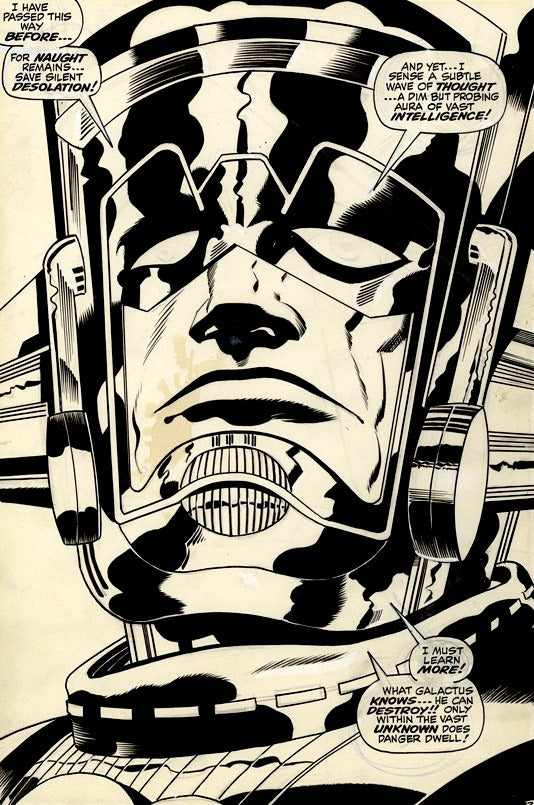The news from the other day that SPD (Small Press Distribution) based in California, had closed after 55 years, due to lack of funding and rising costs, is deeply sad. Here at BSPG we cannot say it is entirely shocking, however.
As our director has warned, for years, on posts here at this blog, the small press ecosystem is exceptionally fragile, and needs constant, dynamic nourishing and support. It goes without saying that if SPD can be allowed to collapse, without intervention, then no small press is safe, anymore, if ever they were, especially since few or any of them were separately anywhere close to being as vital as SPD. It is, at the least, a cultural tragedy, an indictment of philistinism, and a strange disconnect on the part of Tech companies and Big Publishing, who could easily direct a small fraction of their profits to better protect small press publishing.
The truth is, capitalism is not always the best form of system to protect and encourage the publishing of minority, diverse, avant-garde, or often deeply-unusual, forms of poetry, and prose expression. The NFT sub-culture has tried to monetise writing as collectible art form, with some success. But still, most small press books sell a few hundred copies or less. In the eyes of a business analyst, this is a failure. In the eyes of a critic, or appreciator of literature, it is a miracle. Almost all great works of writing started with small sales. Keats sold less than a thousand books in his lifetime.
SPD enabled the voices of the often un-agented, obscure, radical, and even bizarre, to be seen, and hence heard, by getting their books into shops. Other distributors exist, and it seems there is a plan to help the publishers SPD worked with, find new options. But what will these options really be? If SPD could not survive working with the small presses, who can? They resist easy profitability.
The vulgar truth is, money. Most art practices, and practitioners, need money to eat and hence work - and since many small press publications make very little money, grants, patronage and other forms of financial support are needed. The easiest way to support a small press is to buy their books. Our own BSPG saw a huge collapse in sales at Christmas in 2023 - over 90% disappeared. This is not because of the books' quality - our books remain excellent - but because the people who used to buy small press books cannot afford to anymore, or are, for whatever cultural and technological reasons, distracted now by other forms of media - often free.
BSPG had good success with SPD for several years, and enjoyed working with them - they were polite, supportive and helpful. We even had a few top ten SPD rankings, which was inspiring; then, we were fortunate to be taken on by a much larger distributor, NBN; it was a difficult decision to leave but we had to do what we could to get our authors into more shops in the USA.
SPD's collapse has left 100s of small presses without a good home for their books - some will be taken on by larger distributors; others may be forced to close, or find new solutions. We wish them all the best. What remains notable is that the community was unable to protect, support and save one of its cornerstones - and the main reason was and is, lack of money; printing and other costs have risen everywhere (paper for instance) - and small presses, barely surviving, could hardly fund their distributor more - but where were the billionaires, the governments, the patrons?
BSPG is open to hearing from any small press that is in need, to discuss how we can help - if we can.
The small press ecosystem is clearly dying off, as the closure of SPD proves, because of a lack of persuasive defence of its central idea - that some books are important even when they will never sell a lot. Best-sellers are desirable, but not always really the best books.
This is why BSPG always calls for more patronage and funding - because its central idea is to support literature, not just make bank. We in the west are conflicted, our values confusing, some of our aims paradoxical. But surely, the closure of support systems for the publication of important sometimes obscure books is dangerous to any society facing tyranny, racism, and global warming - the more support for free expression of ideas and imagination is to be encouraged, and that means the super-rich may need to do far more to support the small presses, who cannot always punch above their weight. Sometimes Goliath - or Galactus - wins, alas.
Below, the SPD statement from their website:
Small Press Distribution
1969 – 2024
It is with great sadness and a profound gratitude for the amazing literary community we have served that we must today announce that Small Press Distribution (SPD) is closing its doors effective immediately. We know this news is both sudden and devastating.
For more than five decades, SPD has distributed books for hundreds of independent literary publishers, allowing thousands of writers to bring diverse, experimental, and disruptive literature to audiences across the globe. SPD’s impact on the literary world over the past 55 years is hard to overstate. Against all odds, a tiny distribution service in the back of Berkeley’s Serendipity Books grew to help authors attain some of the literary world’s crowning achievements. SPD-distributed authors won multiple National Book Awards, Pulitzer Prizes, MacArthur “Genius” Grants, PEN Awards, Lambda Literary Awards–nearly 100 awards since 2019 alone.
Unfortunately, these accolades were no match for the challenges of a rapidly changing book industry and funding environment. Several years of declining sales and the loss of grant support from almost every institution that annually supported SPD have combined to squeeze our budget beyond the breaking point. SPD lost hundreds of thousands in grants in the past few years as funders moved away from supporting the arts. The tireless efforts of a world-class staff to raise new funds, find new sales channels for our presses, and exit our expensive Berkeley warehouse couldn’t compensate for these losses. SPD exhausted every avenue in seeking emergency funding and loans to avoid the shutdown.
Publishers: We are honored that you have let us steward your works and authors for these past five decades. Our inventory of 300,000 books is in safe hands, having been transferred to our SPD Next partners Ingram Content Group and Publishers Storage and Shipping (PSSC) over the past several months. You will need to contact Ingram or PSSC to discuss distribution options and the return or disposition of your books. Please see our other, publisher-only email for the appropriate contact information.
The SPD staff has been reduced to a minimal team that is in the process of winding down operations. We regret they are not able to respond to individual queries.
We are so privileged to have worked in the center of the literary community for so many decades. SPD has connected small presses and their authors to readers around the world for more than half a century. SPD was founded in 1969 by Bay Area independent booksellers Peter Howard and Jack Shoemaker, starting with just eight small presses and reaching a peak of more than five hundred. Generations of devoted staffers gave it their all.
Everyone at SPD is heartbroken at this devastating outcome, which seriously jeopardizes the ability of underrepresented literary communities to reach the marketplace. We thank you for your years of support.

